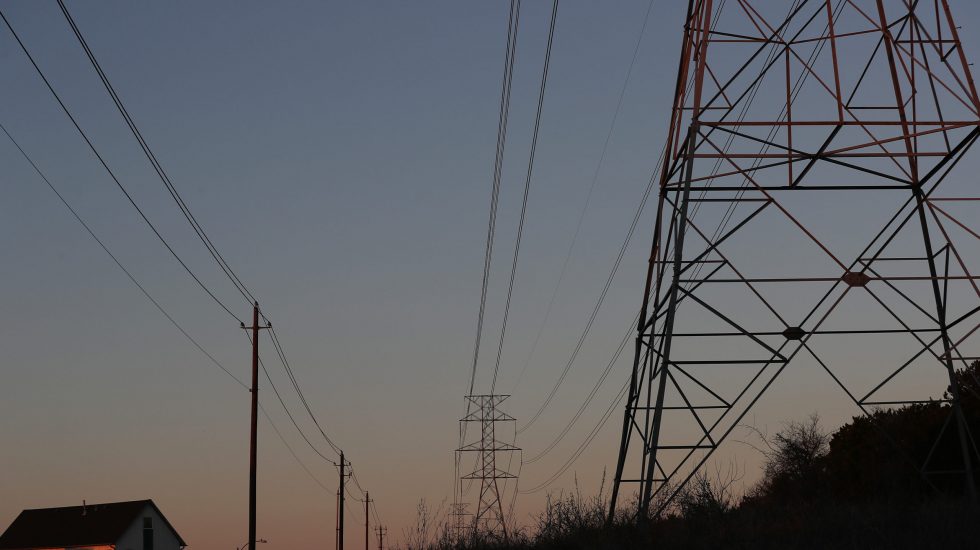While most of Texas was without power last week, a few lucky souls never lost electricity. While they felt fortunate last week, now they’re facing eye-popping utility bills.
The New York Times spoke to Scott Willoughby, just one of many Texans whose electric bills suddenly jumped through the roof.
“My savings is gone,” said Willoughby, a 63-year-old Army veteran who lives on Social Security payments in a Dallas suburb. He said he had nearly emptied his savings account so that he would be able to pay the $16,752 electric bill charged to his credit card — 70 times what he usually pays for all of his utilities combined. “There’s nothing I can do about it, but it’s broken me.”
Why so high? Texans have the option of choosing their utility provider, and also the opportunity to choose variable-rate power plans. NPR writes:
Variable-rate plans are enticing to many people because the price of electricity is often low during normal weather conditions, and because it theoretically allows people to use more electricity when the price is lower — for example, by running appliances overnight.
But when a winter storm caused Texas’ grid to all but shut down last week, the wholesale price of electricity skyrocketed.
Texas Governor Greg Abbott held emergency meetings on Saturday with state legislators to discuss what to do about the big bills.
One of the most popular wholesale plans in the state is offered by the company Griddy. But Griddy could see what was coming earlier this week and took an extraordinary step. According to the Houston Chronicle it asked all of its 29,000 customers to switch to another provider, fast, because spot electricity prices were soaring and Griddy’s customers were fully exposed to the market swings. This is what happened.
The Chronicle adds:
Texas is home to the most competitive electricity market in America. Homeowners and businesses churn power providers there like credit cards. In the face of such cutthroat competition, retail power providers in the region have grown accustomed to offering new customers incredibly low rates, incentives and, at least in Griddy’s case, unusual plans that allow customers to pay wholesale power prices as opposed to fixed ones.



